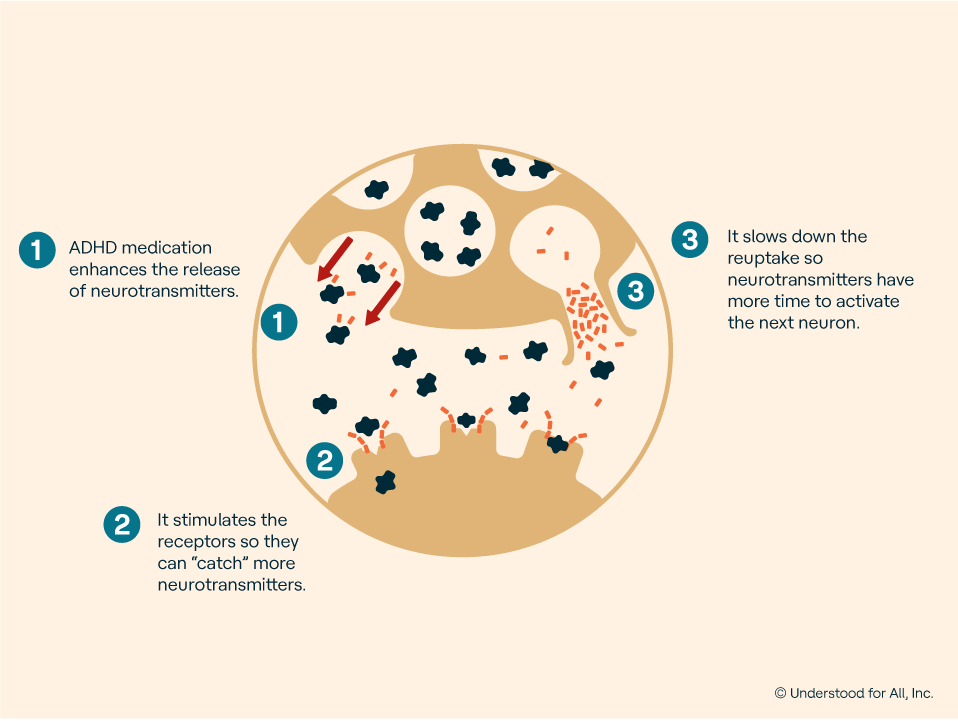Medication Management Programs for Effective Treatment Plans
Medication Management Programs for Effective Treatment Plans
Blog Article
Your Overview to Locating the Right ADHD Treatment for Lasting Outcomes
Browsing the intricacies of ADHD therapy calls for a nuanced understanding of both the disorder and the myriad alternatives offered for effective management. It is vital to acknowledge that what jobs for one person may not necessarily produce the same outcomes for one more. Therefore, a tailored strategy-- incorporating specialist advice, medication, behavioral methods, and lifestyle adjustments-- becomes paramount. However, the trip toward determining the most appropriate therapy plan can be filled with obstacles. What are the crucial elements that affect effective end results, and exactly how can people ensure they are on the ideal course?
Understanding ADHD and Its Impact

In adults, ADHD can cause obstacles in office settings, influencing productivity, time management, and interpersonal connections. Frequently, undiagnosed or poorly managed ADHD can contribute to co-occurring mental wellness problems, such as stress and anxiety and clinical depression, further making complex a person's total well-being.
The social assumption of ADHD can vary, bring about stigma and misunderstanding, which might prevent individuals from seeking assistance. As recognition expands, it is necessary to cultivate an environment that promotes understanding and assistance for those affected by ADHD, emphasizing the requirement for precise diagnosis and customized strategies to reduce its effect on day-to-day life.
Overview of Therapy Alternatives
A detailed technique to dealing with ADHD incorporates a range of choices tailored to the person's unique needs. These choices can broadly be classified into behavior treatments, psychoeducation, and way of life alterations, along with pharmacological treatments that might be checked out later on.
Behavioral interventions, such as cognitive-behavioral therapy (CBT), emphasis on customizing details habits and establishing coping strategies to manage signs and symptoms properly. Psychoeducation plays an essential role in equipping both individuals and their families by giving details about ADHD, its challenges, and efficient methods for assistance.
Way of life modifications can significantly impact ADHD administration. Normal physical activity, a well balanced diet plan, and ample sleep contribute to total well-being and symptom control. Mindfulness techniques and leisure techniques can likewise enhance focus and decrease impulsivity.
Assistance groups and family treatment can cultivate a feeling of community and understanding, aiding people feel much less separated in their experiences. Each therapy alternative should be considered in conjunction with the person's choices and circumstances, making certain an alternative technique that promotes long-lasting success. Ultimately, the goal is to develop a tailored treatment plan that addresses the certain difficulties linked with ADHD while enhancing general quality of life.
Medication: Pros and Disadvantages
Medicine plays a pivotal duty in the therapy of ADHD, with various options available that can considerably relieve signs for many individuals. Stimulants, such as methylphenidate and amphetamines, are frequently recommended and have actually revealed effectiveness in boosting focus, reducing impulsivity, and improving total habits. These drugs work by boosting dopamine and norepinephrine levels in the brain, which are often dysregulated in those with ADHD.
Nevertheless, using Therapist for ADHD drug is not without its obstacles. Some people might experience side results, including sleep problems, reduced appetite, or boosted anxiousness. Additionally, discovering the right dosage can be a trial-and-error process, requiring close tracking by medical care professionals. In addition, not all patients respond to stimulant medications, leading some to explore non-stimulant choices, which might have a delayed start of action or various negative effects.
It is vital for people and their family members to evaluate these pros and cons meticulously. Stabilizing the advantages of sign management versus possible adverse effects is essential for attaining ideal therapy results. Cooperation with doctor can promote informed choices, ensuring that medicine is component of a detailed ADHD management strategy.
Behavior Treatment Techniques

One commonly employed technique is Cognitive Behavior modification (CBT), which assists people identify and transform adverse idea patterns that add to ADHD-related obstacles. Therapist for ADHD. Through CBT, clients learn to set reasonable goals, take care of time successfully, and develop organizational systems
One more reliable technique is Parent Administration Training (PMT), which informs moms and dads on how to reinforce positive behaviors and decrease negative ones via regular technique and interaction approaches. This strategy promotes a helpful home setting that encourages behavioral renovations.
Social skills training is also indispensable, assisting people with ADHD navigate social communications a lot more effectively. Role-playing and modeling proper habits can improve social proficiency and lower anxiety in social circumstances.
Way Of Life Modifications for Better Administration
Exactly how can way of living changes dramatically boost the monitoring of ADHD signs and symptoms? Executing critical lifestyle alterations can cause significant enhancements in focus, company, and emotional regulation for people with ADHD.
Firstly, developing an organized everyday routine aids in producing predictability, which can ease feelings of bewilder. Constant schedules for dishes, study, and sleep can enhance day-to-day functioning.
Incorporating normal physical activity is likewise critical, as exercise has actually been revealed to improve dopamine levels, enhancing interest and motivation (Therapist for ADHD). Intending for a minimum of 30 mins of modest workout most days can be helpful
Nourishment plays a pivotal duty. A well balanced diet regimen abundant in omega-3 fats, entire grains, and protein can sustain cognitive feature. Limiting refined sugars and high levels of caffeine may reduce signs and symptoms, as these can lead to energy crashes and irritation.
Verdict
In verdict, locating the ideal ADHD treatment requires a diverse approach that thinks about specific demands and preferences. Collaboration with medical care specialists and open communication with support networks are important components in navigating the complexities of ADHD management, eventually leading to long-term outcomes and improved high quality of life.
Report this page